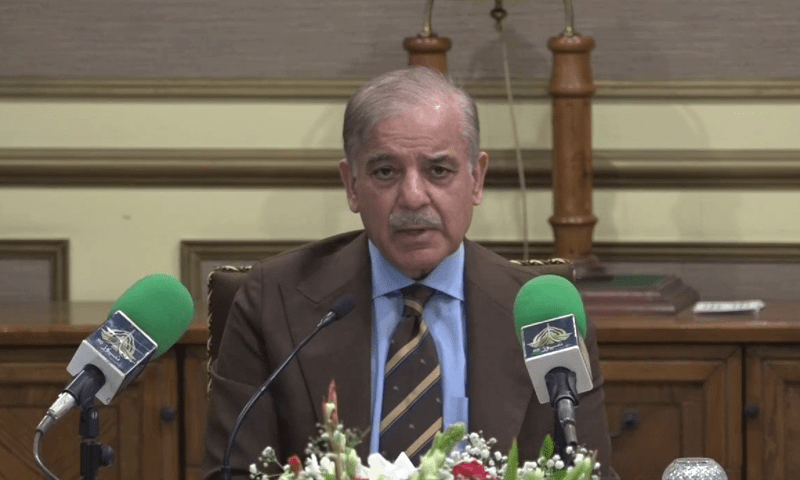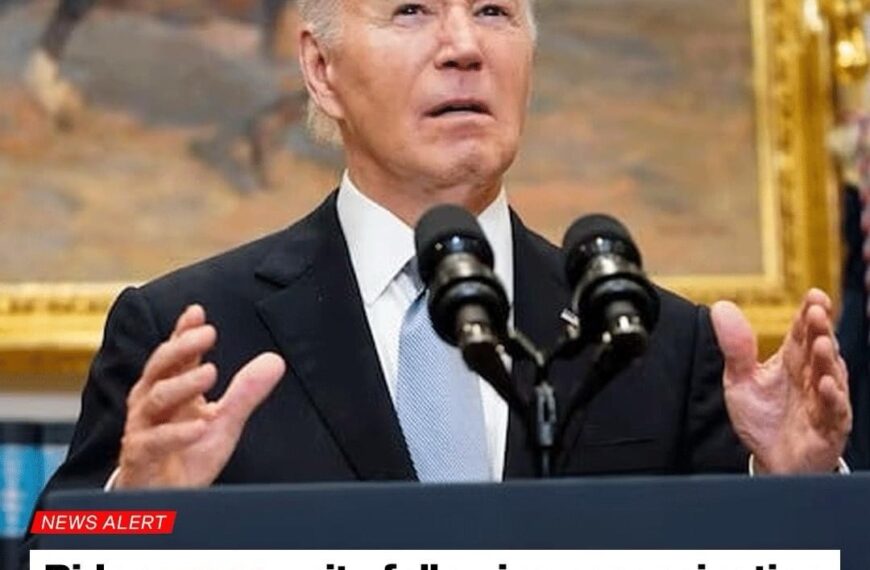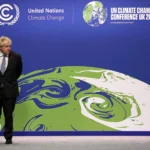QUETTA:
Prime Minister Shehbaz Sharif has announced a significant initiative to convert all 28,000 tube wells in Balochistan to solar power within three months, with an estimated cost of 55 billion rupees.
In the subsequent phase, the government plans to transition ten lakh tube wells across Pakistan to solar energy.
This decision was reached during a cabinet meeting in Balochistan, attended by key figures including the Governor, Chief Minister, and federal and provincial ministers.
The premier underscored that without advancing Balochistan, Pakistan’s overall progress would be incomplete. The federal government has earmarked 500 billion rupees for the tube wells project, benefiting 28,000 farmers. Seventy percent of the funding will come from the federal government, with the remaining thirty percent from the provincial government. The project is slated for completion within three months.
PM Shehbaz highlighted that the federal government has historically spent substantial sums annually on electricity bills for Balochistan’s tube wells, amounting to billions of rupees. By transitioning to solar power, these costs will decrease, relieving the burden on the federal budget. Balochistan has assured full commitment to the challenging task of converting 28,000 tube wells to solar systems within the specified timeframe.
Noting that the country currently operates one million tube wells on diesel, costing approximately 3.5 billion dollars annually, Shehbaz unveils that plans are underway to swiftly implement a nationwide model for their conversion to solar energy, with farmers offered favourable loan terms to facilitate this transition.
In terms of education, the budget has allocated specific funds for Balochistan’s educational institutions. However, Shehbaz acknowledged that addressing the province’s broader challenges requires more substantial financial support, comparable to other regions.
Furthermore, Pakistan plans to send one thousand children to China for agricultural education, with Balochistan receiving a ten percent higher allocation compared to other provinces.
The premier emphasized that these decisive measures are aimed at enhancing the nation’s welfare, cautioning that failure to act now could necessitate future visits to the IMF for support.











